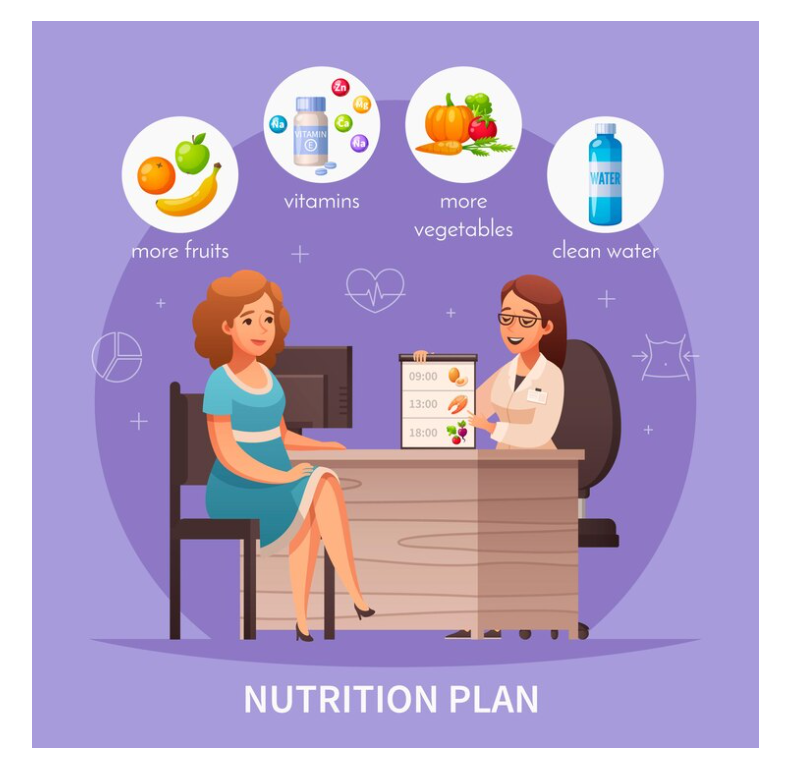
Diet and Nutrition Strategies for COPD Patients
When you have COPD (Chronic Obstructive Pulmonary Disease), eating well is essential for managing your condition and supporting your overall health. In this guide, we will explore simple diet and nutrition strategies tailored for COPD patients to help you feel better.
Focus on Nutrient-Rich Foods
Start by including a variety of nutrient-rich foods in your diet. These foods help manage your condition and support overall health.
- Fruits and Vegetables: Try to eat a variety of colorful fruits and vegetables every day. These foods are rich in vitamins, minerals, and antioxidants. They help support your immune system and reduce inflammation in your body.
- Lean Proteins: Opt for lean protein sources like poultry, fish, eggs, beans, and legumes. Protein is crucial for maintaining muscle mass and strength. It also helps support your respiratory muscles, improving breathing.
- Whole Grains: Choose whole grains such as brown rice, quinoa, oats, and whole wheat bread. These foods provide fiber, which aids digestion. They also help regulate blood sugar levels, keeping your energy levels steady throughout the day.
Stay Hydrated
Hydration is important for COPD patients. Drinking enough fluids can prevent mucus from thickening in your airways, which can make breathing easier. Try to drink plenty of water every day. Limit your intake of caffeinated or alcoholic beverages, as they can cause dehydration.
Eat Smaller, More Frequent Meals
Large meals can cause bloating and make breathing difficult. Instead, try eating smaller, more frequent meals throughout the day. This can help prevent overeating and reduce pressure on your diaphragm and lungs.
Be Mindful of Trigger Foods
Some foods may make COPD symptoms worse or trigger acid reflux. These include spicy foods, caffeine, and carbonated drinks. Pay attention to how specific foods affect you. If you notice certain foods worsen your symptoms, try to limit or avoid them.
Consult with a Registered Dietitian
For personalized nutrition guidance, consider consulting with a registered dietitian who specializes in COPD management. A dietitian can create a meal plan that meets your nutritional needs while considering any food sensitivities or dietary restrictions.
Wrapping Up
A healthy diet plays a crucial role in managing COPD. By focusing on nutrient-rich foods, staying hydrated, and being mindful of trigger foods, you can improve your lung health and quality of life.
Remember, small dietary changes can make a big difference in managing your COPD symptoms and helping you live your best life.
To seek medical advice, always consult a Doctor.
Here are our recommended experts. Click here
To read more on Respiratory disease .



